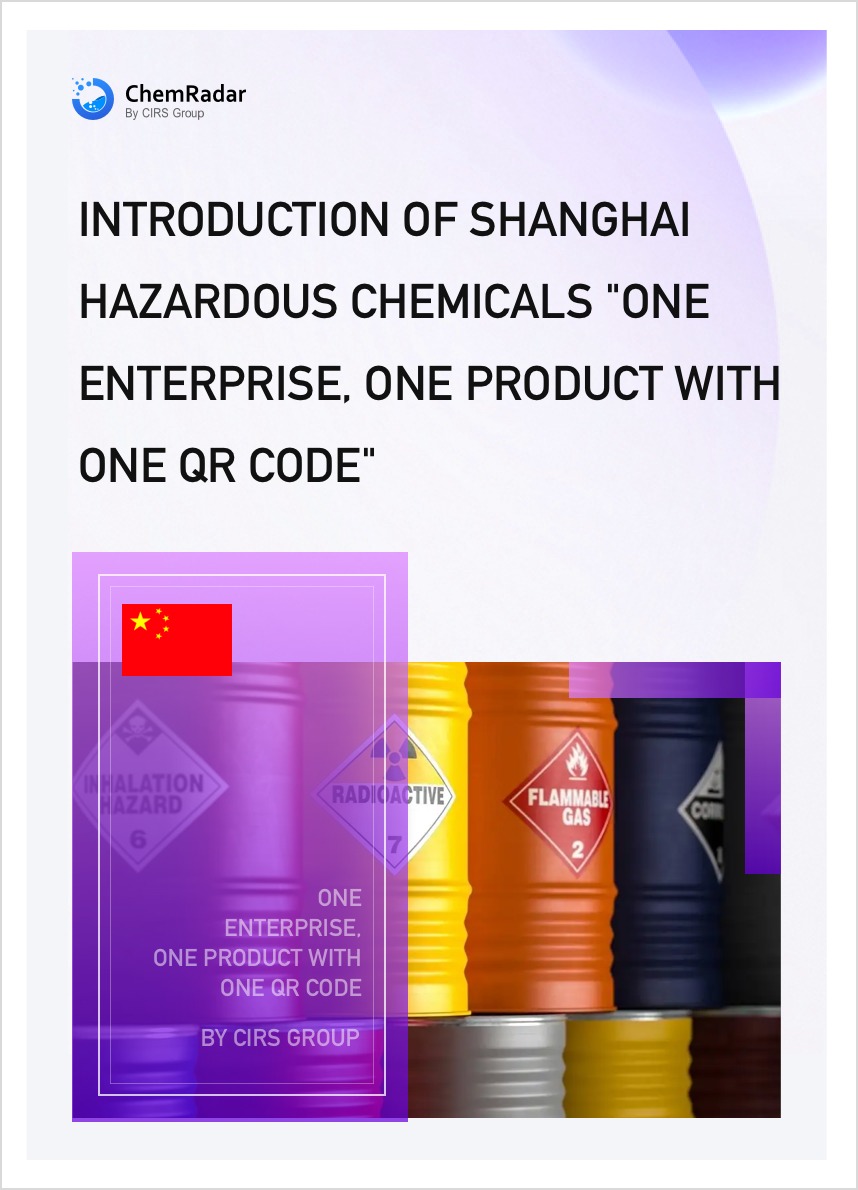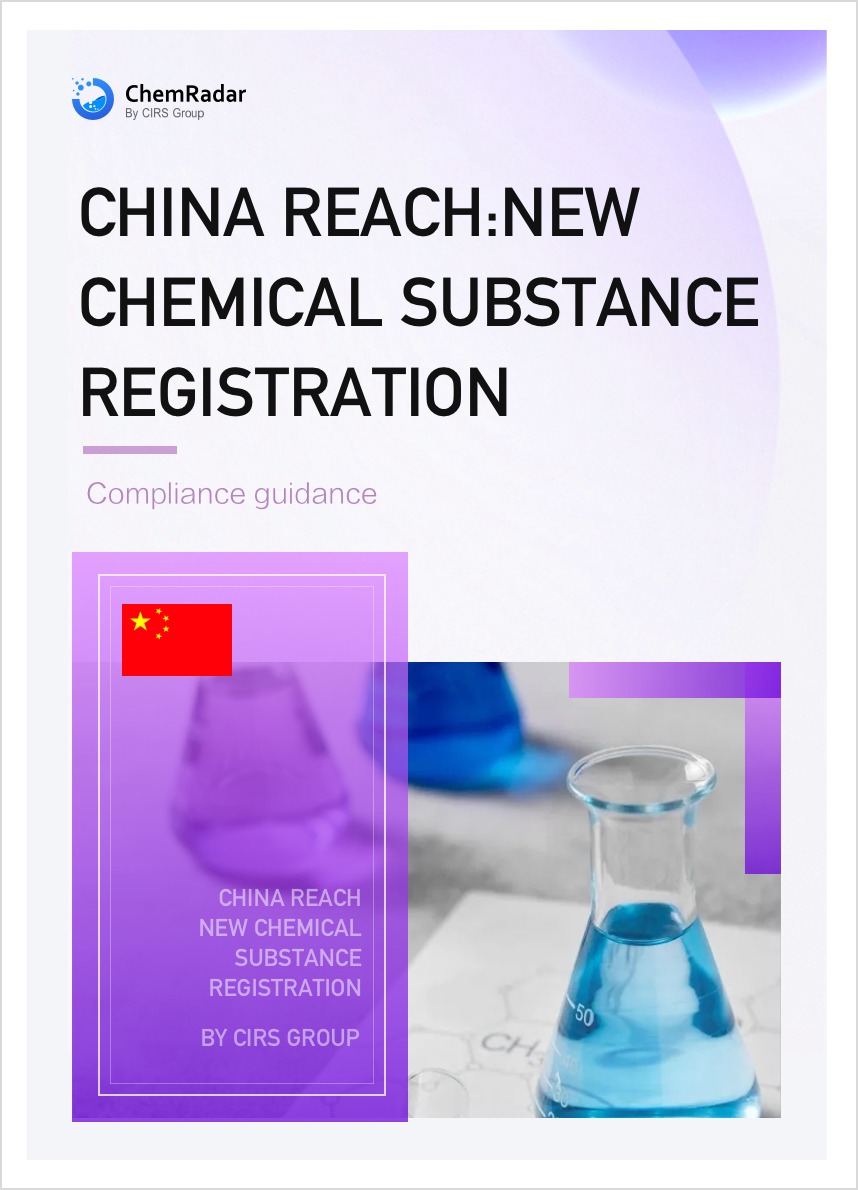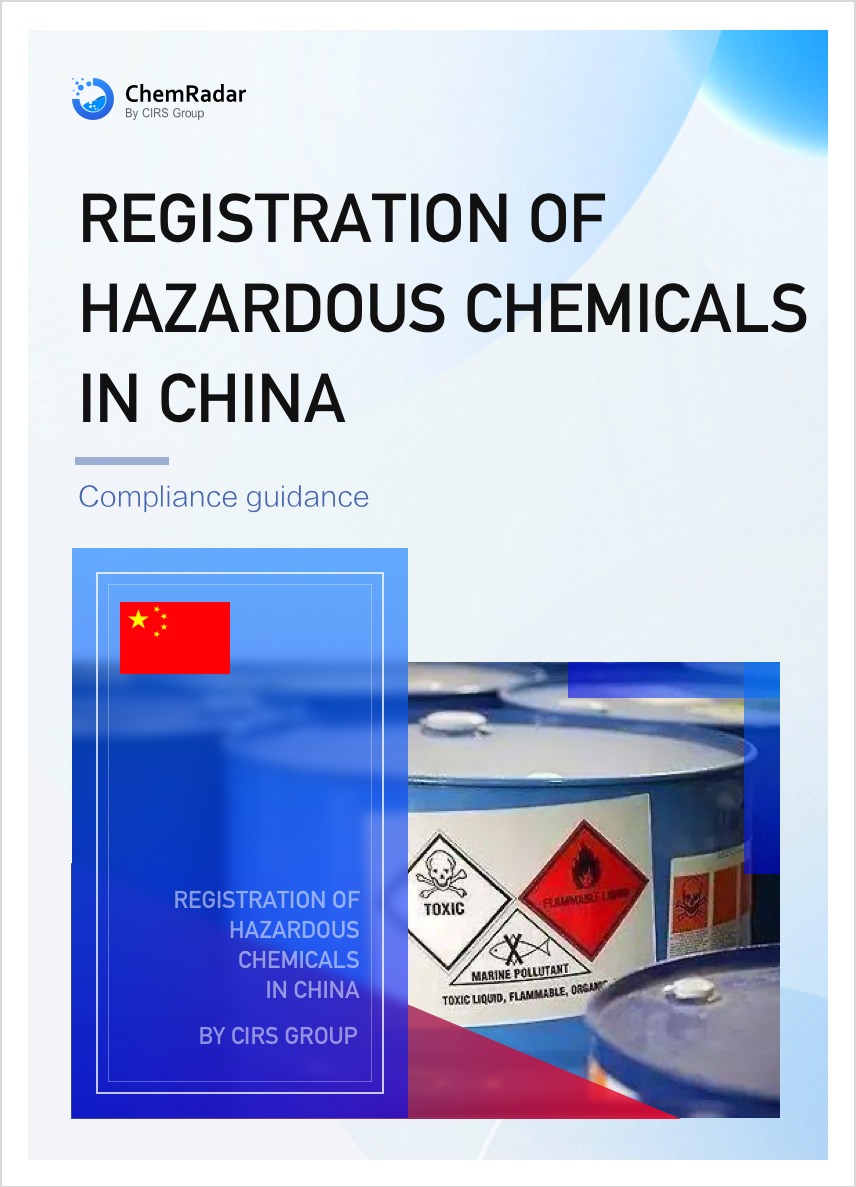The Bureau of Standards, Metrology and Inspection (BSMI) of Taiwan recently issued a proposal for mandatory inspection requirements for stationary lithium battery storage devices, in response to the safety challenges of future home energy storage systems. This initiative aims to advance Taiwan towards its long-term goal of achieving net-zero carbon emissions by 2050.It is anticipated that as renewable energy devices become more widespread, an increasing number of households will install such storage systems.
Due to the potential risk of thermal runaway in lithium-ion batteries within energy storage systems, BSMI proposed including stationary lithium battery storage devices within the scope of mandatory inspections. These devices will be managed according to the standards related to the Restriction of Hazardous Substances (RoHS) in electrical and electronic equipment in Taiwan, ensuring they are both safe and environmentally friendly.
BSMI offers manufacturers and importers two compliance assessment procedures: Registration of Product Certification (RPC) and Type-Approved Batch Inspection (TABI). Through these procedures, related enterprises need to ensure that their devices meet safety standards in order to enter the market.
Specifically, the proposal covers stationary lithium battery storage devices with a battery capacity of no more than 20 kilowatt-hours, which can perform bidirectional power conversion with the grid or other devices, or can be connected to solar panels. Products opting for the RPC scheme will be able to clear customs directly without further border inspection procedures. Those opting for the TABI scheme, however, will need to submit applications for batch inspections to BSMI before each shipment from the production site or upon arrival at the import port.
The certificates for both schemes are set to have a validity period of three years, ensuring ongoing safety oversight and compliance with standards. BSMI plans to implement these new inspection requirements starting from July 1, 2025, to strengthen the regulation of the increasing number of home energy storage devices, ensuring public safety and environmental protection.




